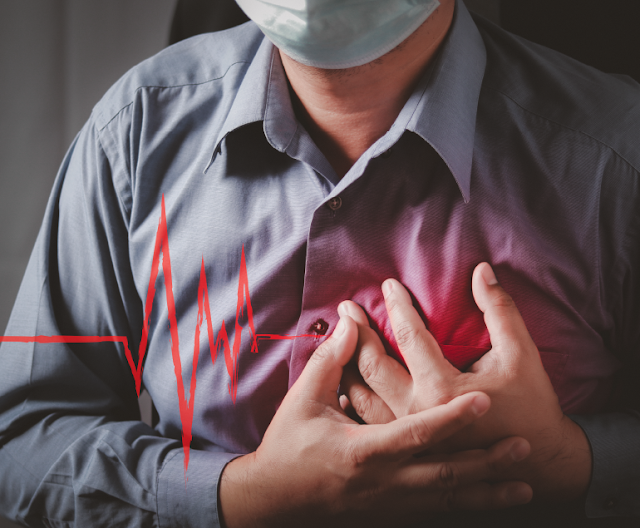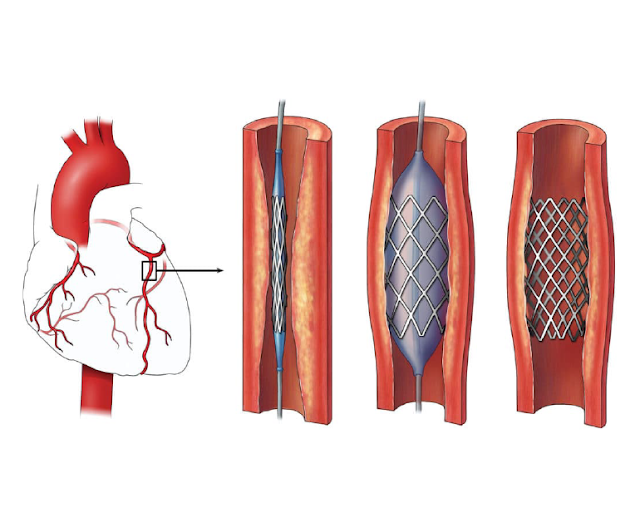Heart Emergency & What to Do
A heart emergency is a critical medical situation that requires immediate attention and response. The heart is a vital organ responsible for pumping oxygenated blood throughout the body, and any interruption to its normal functioning can lead to life-threatening consequences. Understanding how to recognize the signs of a heart emergency and knowing what steps to take can make a significant difference in saving lives.
Recognizing
the Signs
Leading
cardiac surgeon Dr. Ramji Mehrotra says that recognizing the signs of a
heart emergency is crucial in initiating prompt action. The common symptoms of
a heart attack are:
Ø Chest
pain or discomfort: This could manifest as a feeling of pressure, squeezing,
fullness, or pain in the center of the chest, which may last for a few minutes
or come and go.
Ø Pain
or discomfort in other areas: The pain may spread to the arms (usually the left
arm), back, neck, jaw, or stomach.
Ø Shortness
of breath: Experiencing difficulty in breathing, especially when combined with
chest discomfort.
Ø Cold
sweat: Profuse sweating, even when the ambient temperature is not particularly
high.
Ø Nausea
or lightheadedness: Feeling nauseous or dizzy, potentially leading to fainting.
Taking
Action
When
you suspect someone is experiencing a heart emergency, immediate action is
vital. Dr Ramji Mehrotra suggests following the steps below to help the
person and seek medical assistance:
Ø Call
for ambulance and inform nearest hospital: The first and most crucial step is
to call for emergency medical help by dialing ambulance number 102. Also,
inform the nearest hospital and provide them with all the necessary information
about the situation.
Ø Stay
Calm: While waiting for medical help to arrive, try to keep the affected person
as calm and comfortable as possible.
Ø Administer
Aspirin: If the person is conscious and not allergic to aspirin, have them chew
an uncoated aspirin (usually 325 mg). Aspirin can help to prevent blood
clotting and reduce the severity of a heart attack.
Ø Perform
CPR (Cardiopulmonary Resuscitation): If the person is unconscious and not
breathing, it is essential to begin CPR. If you are not trained in CPR, follow
the instructions of the emergency operator until professional help arrives.
Conclusion
In a
heart emergency swift action is essential. It is also important to have the knowledge
of what to do in such situations. Recognizing the symptoms and seeking
immediate medical assistance can make a life-saving difference. By staying
informed and proactive, we can protect ourselves and our loved ones from the
devastating consequences of heart-related emergencies.


Comments
Post a Comment